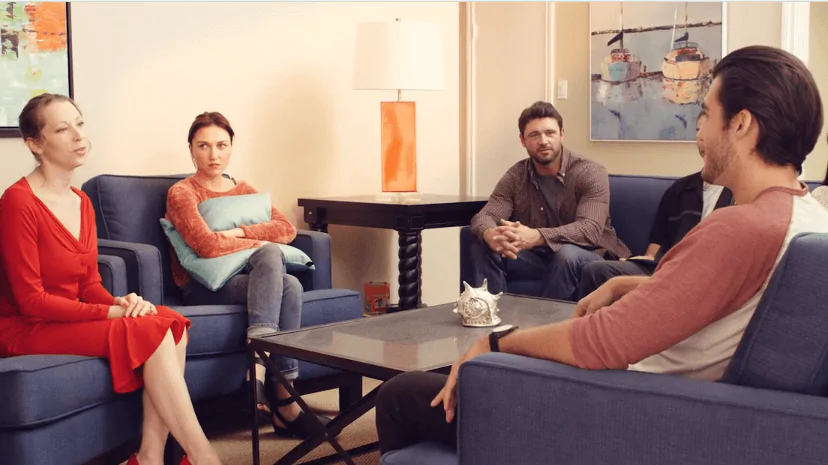24/7 Helpline:
(866) 899-221924/7 Helpline:
(866) 899-2219
Learn more about OCD Treatment centers in Crested Butte

Other Insurance Options

Ambetter

Evernorth

Absolute Total Care

American Behavioral

ComPsych

Oxford

CareSource

BHS | Behavioral Health Systems

Meritain

Group Health Incorporated

United Health Care

AllWell

CareFirst

Kaiser Permanente

Choice Care Network

Optima

PHCS Network

Excellus

Sliding scale payment assistance

Health Partners



The Center for Mental Health
The Center for Mental Health is a non-profit organization and is governed by a board of directors re...

Teocalli Treatment Options
Teocalli Treatment Options offers outpatient treatmnet for individuals with alcohol and/or substance...






















The Center for Mental Health – Crystal Hall
The Center for Mental Health is a non-profit organization and is governed by a board of directors re...








































